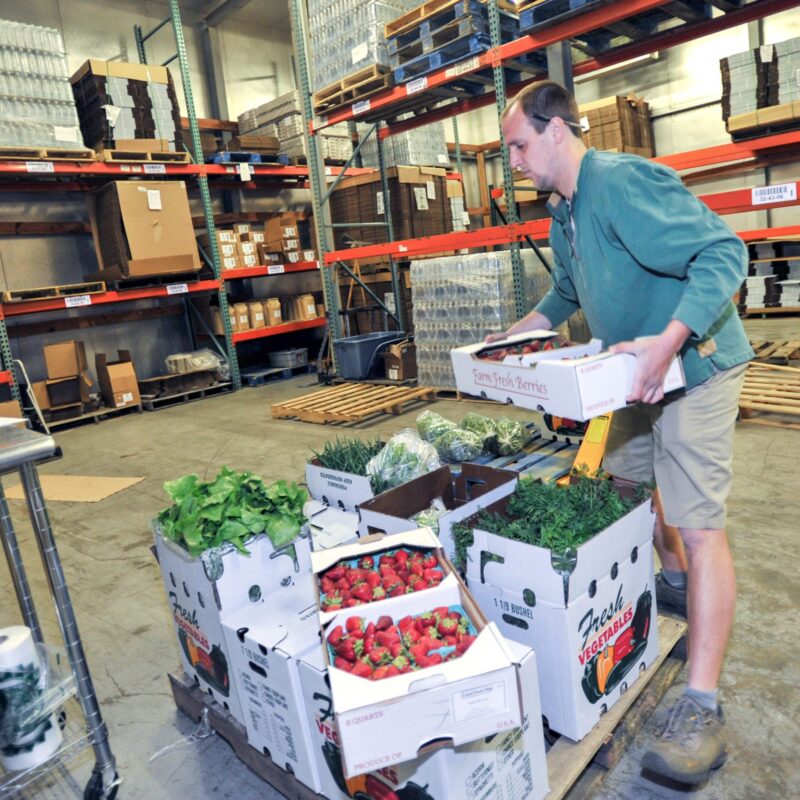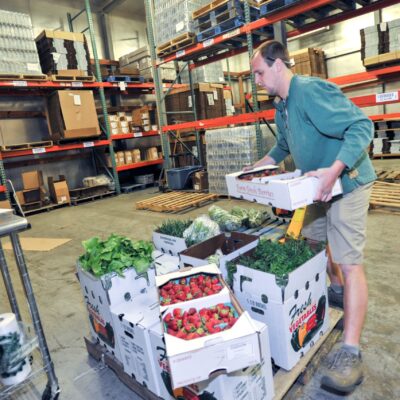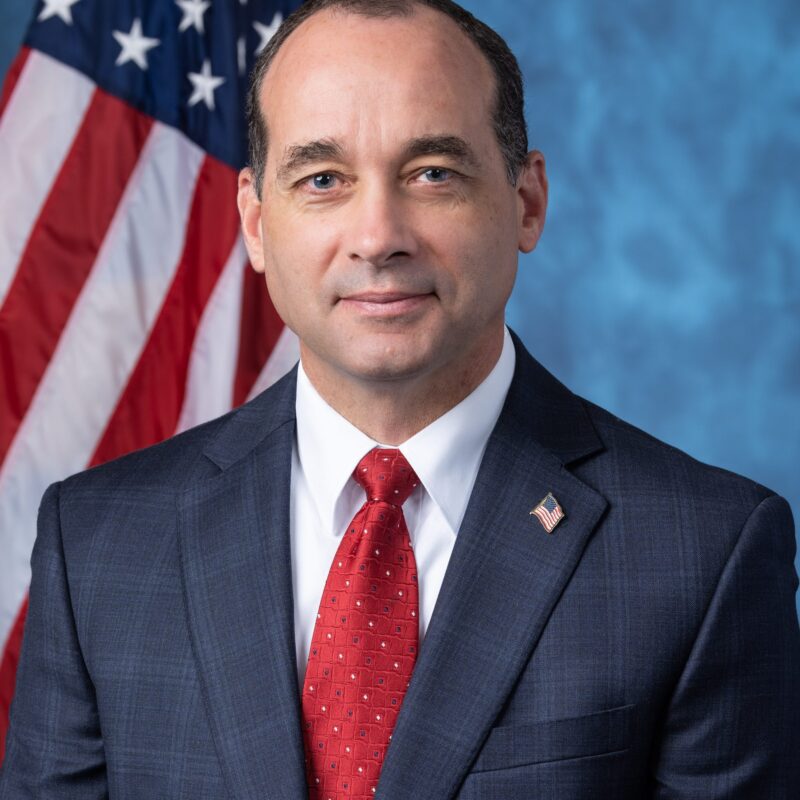Both Charlottesville and Albemarle have new green feathers in their caps. The Virginia Municipal League’s Green Government Challenge, under which both localities have gotten certified as “Green Governments,” may not itself stop the ice caps from melting, but it did encourage cities and towns statewide to step up their game on sustainability.
|
Assets like the green roof on the County Office Building helped win points for Albemarle County in the “Green Government Challenge.” |
Of the 39 cities, 156 towns and 12 counties that make up the League (not all the Commonwealth’s counties are members), 41 governments took part in the Challenge—essentially a certification program to recognize localities that are moving in some sort of sustainable direction. Cities and counties went about proving that they were taking action in 11 categories like water/air quality, green building and education. They were going for points; to be exact, 100 out of a possible 200 would mean certification as a Green Government. The results were announced at an October 20 conference in (noncertified) Norfolk.
Drumroll, please: Charlottesville, with a cool 175 points, is the greenest city of its size in Virginia (population between 15,001 and 90,000). This earned the city $3,000 in prize money, which environmental administrator Kristel Riddervold says will support public outreach. And Albemarle County, with an also-respectable 145 points, earned the certification (no cash, though). Of the 41 participating governments, 26 got certified.
What good does all the talking do? Well, it seems that part of the intention is not only to reward localities for things they were already doing, but to nudge them to do more. Both Albemarle and Charlottesville got points for existing programs: among others, Albemarle for its Neighborhood Model and an anti-idling policy for county vehicles, Charlottesville for a program to preserve and plant trees. Said Sarah Temple, the county’s environmental manager, “It didn’t convince us to do anything that we weren’t already doing. They’re all things we’re doing anyway and the program came along and we thought we should participate.”
The city, though, undertook some new initiatives: abstract stuff like establishing a high school club for the environment and practical things like putting a solar hot water heater in the Ridge Street fire station.
“It’s encouraging,” says Temple. Her counterpart at the city, Riddervold, echoes her: “We are kind of tickled about having gotten the award.”
C-VILLE welcomes news tips from readers. Send them to news@c-ville.com.






